Embarking on a travel trailer adventure can be one of the most exciting experiences of a lifetime. With the freedom to hit the open road and explore new destinations, it's no wonder that more and more people are turning to the RV lifestyle.
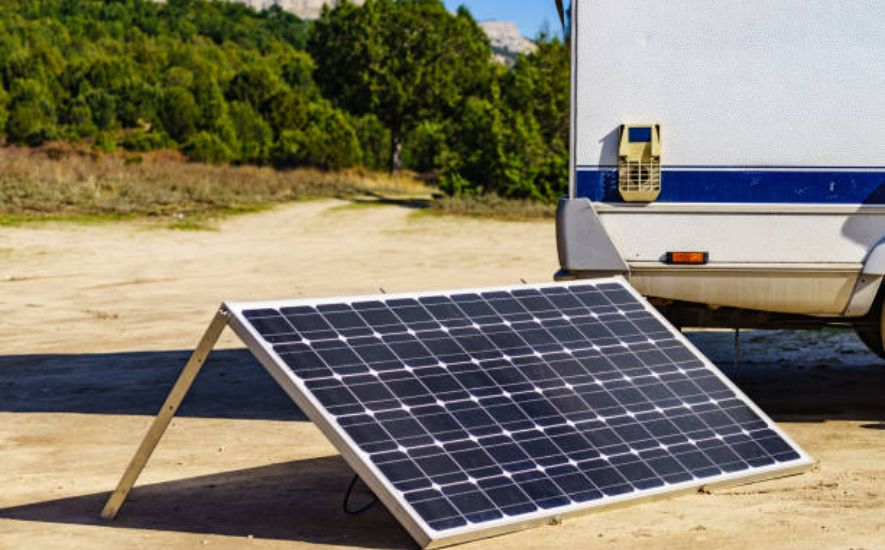
However, one crucial aspect of RVing that often gets overlooked is the power source. Without a reliable generator, your travel trailer adventure could quickly become a nightmare.
But what size generator do you need for your travel trailer? That's a question that many first-time RVers struggle with. The answer depends on various factors, including the size of your trailer, the appliances you plan to run, and the environment you'll be camping in.
Choosing the right generator is crucial to ensure you have the shore power you need to enjoy all the comforts of home while on the road.
In this article, we'll explore the different generator options available for travel trailers and help you determine the right size for your needs. So, whether you're planning a short weekend getaway or a cross-country road trip, please sit back, relax, and let's dive into the world of travel trailer generators.

Choosing the Right Size
As an avid traveler, you know that hitting the open road in your travel trailer can provide a sense of freedom like no other. But whether you're embarking on a weekend getaway or a months-long adventure, one thing is certain: you'll need the power to keep your trailer running smoothly.
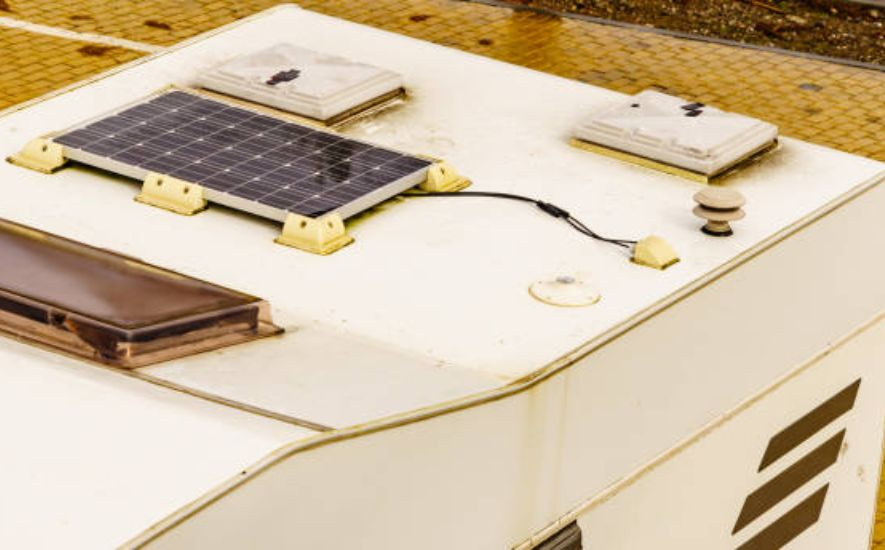
That's where most RV generators come in. But with so many options on the market, how do you choose the right size generator for your travel trailer?
Determine Your Power Needs
Before choosing the right generator for your travel trailer, you'll need to determine how much power you need. Consider the appliances and electronics you'll use on your trip, including ac units, refrigerators, microwaves, and televisions.
You'll also need to factor in the wattage required to start these devices, often higher than their running wattage. Once you have a good idea of your power needs, you can choose a generator with a wattage output that meets or exceeds those needs.
Consider the Size and Weight
Regarding generators, size, and weight matter, if you're traveling in a small travel trailer or RV, you'll want a compact generator that is easy to store.
On the other hand, if you have a larger trailer with more power needs, you may need a larger generator that is heavier and bulkier. Remember that larger built-in generators may be more difficult to move around and store, so you'll need to consider your storage options carefully.
Think About Noise Levels
While you want your generator to provide ample power for your travel trailer, you also want it to be as quiet as possible. After all, the last thing you want is to disturb your fellow campers with loud generator noise.
Look for generators with noise ratings of 60 decibels or less, which is about as loud as normal conversation. If you plan to camp in areas with noise restrictions, you may want to consider an inverter generator designed to be ultra-quiet.

Advanced Tips for Choosing a Generator Size for Your Travel Trailer
There's nothing quite like the freedom and adventure that comes with traveling in a trailer. Whether you're hitting the open road for a weekend getaway or embarking on a cross-country journey, having the right generator is crucial to ensure a comfortable and hassle-free experience.
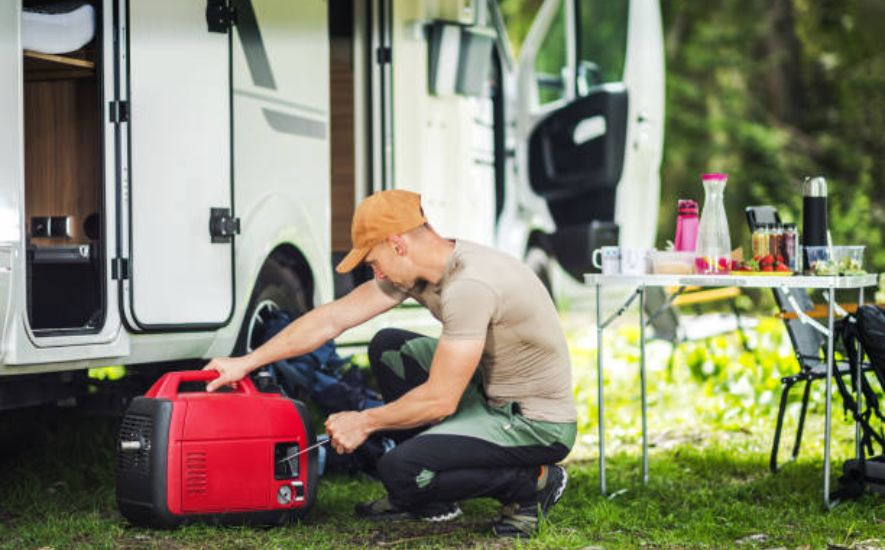
Choosing the right size generator for your travel trailer can be daunting, but with a few advanced tips and careful planning, you'll be able to power your adventures with ease.
Consider the size and weight of the generator
When choosing a generator for your travel trailer, it's important to consider the unit's size and weight. You'll want a generator that's easy to transport and store but also powerful enough to meet your needs. Look for compact and lightweight generators that still offer the wattage and features you require.
Keep in mind that larger generators may be more powerful, but they'll also be heavier and more challenging to move around. Conversely, smaller generators may be easier to transport, but they may not offer enough power for all your needs.
Opt for an inverter generator
Finally, consider choosing an inverter generator when selecting a generator for your travel trailer.
Inverter generators are a newer type of generator that offer many benefits over traditional models. They're quieter, more fuel-efficient, and produce a clean, stable power output that won't damage your sensitive electronics.
Inverter generators are also more compact and lightweight than traditional generators, making them ideal for travel trailers. While they may be more expensive than traditional models, their benefits make them well worth the investment.
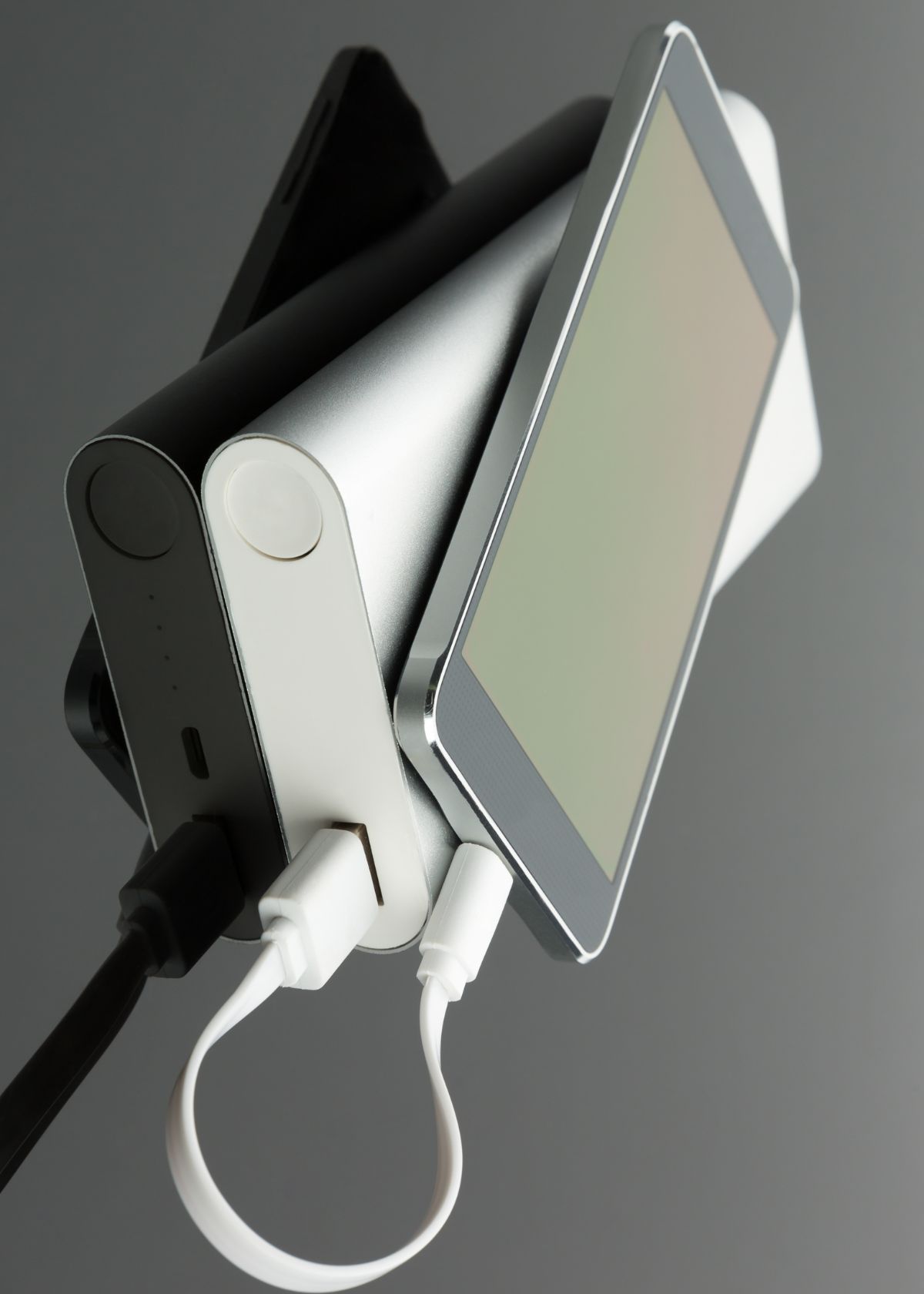
Pros and Cons of Different Sizes of Generators for Travel Trailers
When planning a camping trip in a travel trailer, one of the most important decisions to make is what size generator to bring along. The right generator size can make a huge difference in the level of comfort and convenience you experience while traveling.
However, choosing the wrong size can result in frustration, inconvenience, and even damage your trailer's electrical system.
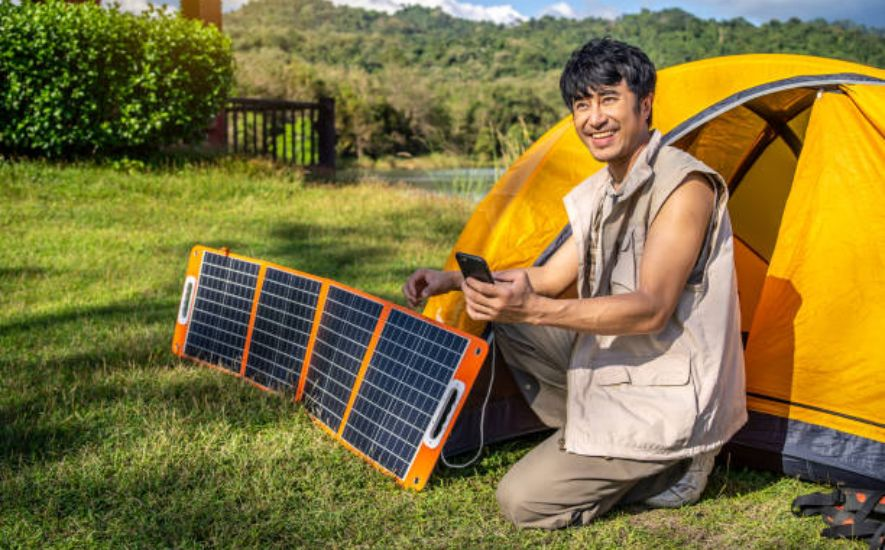
I. Small Generators
Small generators, typically those with a capacity of 1000 to 2000 watts, are the most portable and lightweight option. They are ideal for camping in remote areas where there is no access to electricity.
Small generators are also the most fuel-efficient, making them an excellent choice for short trips or for those who prefer to travel light.
However, the downside of small generators is that they may not be powerful enough to run all of the appliances in your travel trailer. For example, air conditioning units and refrigerators often require more power than a small generator can provide.
II. Medium Generators
Medium-sized generators, with capacities ranging from 3000 to 4000 watts, are popular for most travel trailer owners. They provide enough power to run most of the appliances in your trailer, including air conditioning units, refrigerators, and microwaves.
Medium generators are also more affordable than larger models, making them a great value for their size. However, medium generators are often heavier and less portable than small generators, and they consume more fuel than their smaller counterparts.
III. Large Generators
Large generators, typically those with capacities of 5000 watts or more, are the most powerful option for travel trailers. They can run all of the appliances in your trailer, including multiple air conditioning units, simultaneously.
Large gas or propane generator are also the most durable and long-lasting, making them a wise investment for those who plan to use them frequently.
However, the downside of large generators is that they are often very heavy and bulky, making them difficult to transport. They are also more expensive than smaller models, which may not be feasible for some travelers.

Benefits of Choosing a Compact Generator for Your Travel Trailer
As you embark on your next adventure in your travel trailer, you want to ensure that you have all the necessary equipment to make your trip comfortable and enjoyable.
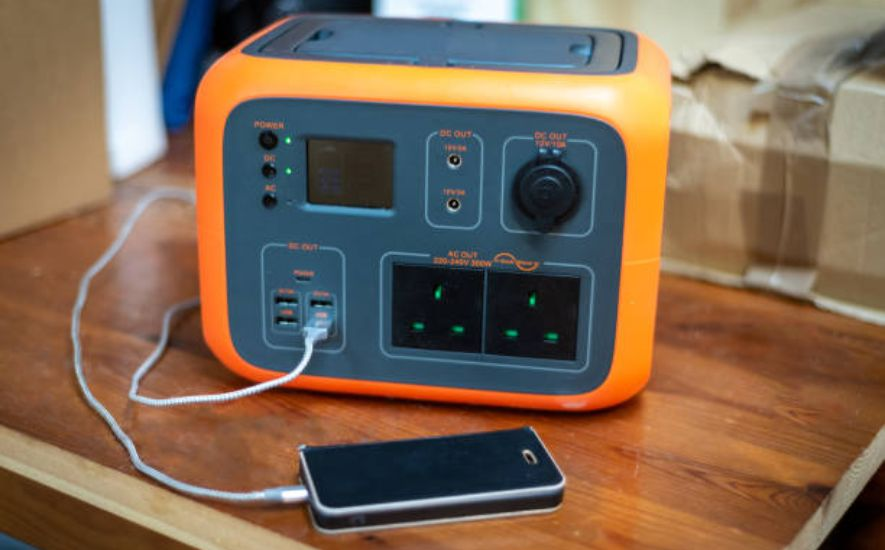
One essential item that you cannot afford to overlook is a generator. A generator provides the power to run appliances and devices in your trailer when not plugged into an electrical outlet. However, with so many options available, deciding which generator is best for your needs can be challenging.
Portability
One of the primary benefits of choosing a compact rv generator is its portability. Unlike larger generators, compact generators are designed to be lightweight and easy to transport.
This makes them ideal for travel trailers because they can be easily stored in a small compartment or the back of your vehicle.
You can take them with you on any adventure without worrying about them taking up too much space. The compact design also makes it easy to move around the campsite and position it wherever it is needed.
Fuel Efficiency
Another advantage of choosing a compact generator is its fuel efficiency. Most compact generators are designed to run on gasoline, readily available at most gas stations. However, these generators consume much less fuel than their larger counterparts, making them more economical to run.
This means you can use your generator for more extended periods without refilling the tank frequently. Some compact generators also have an eco-mode feature that adjusts the engine speed to match the power demand, resulting in even greater fuel efficiency.
Noise Level
One of the biggest complaints about generators is their noise level. Larger generators can be quite loud and disruptive, making it challenging to enjoy the peace and quiet of the outdoors. Compact generators, on the other hand, are designed to be much quieter.
They produce less noise and vibration, making them more pleasant to use. This means you can run your generator without disturbing your neighbors or the natural environment.
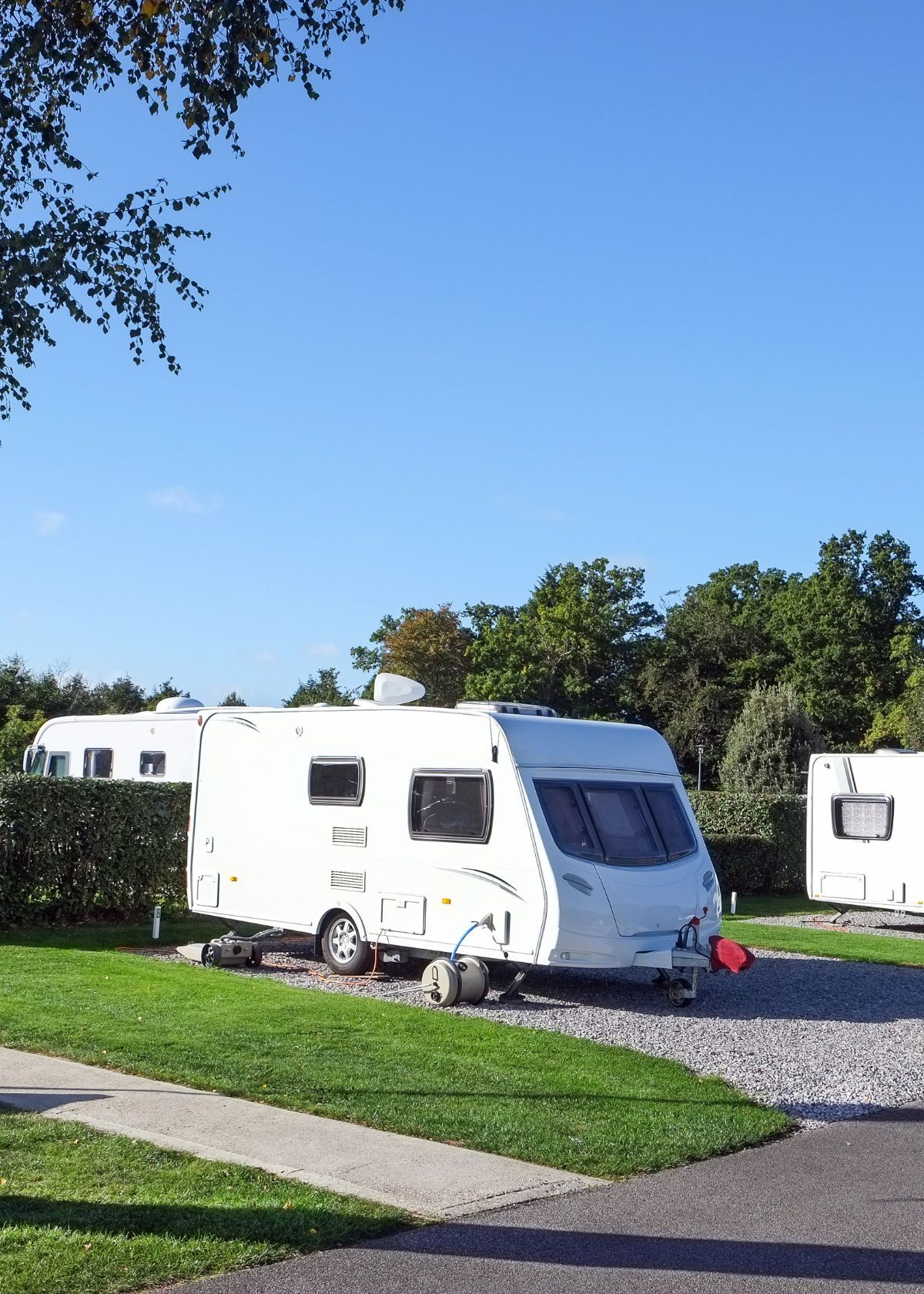
Guide to Solar Generators for Travel Trailers
Imagine being able to power your travel trailer with just the energy of the sun—no more reliance on noisy, polluting generators or worrying about running out of fuel. With the advancements in solar technology, solar generators for travel trailers are becoming increasingly popular among camping enthusiasts.
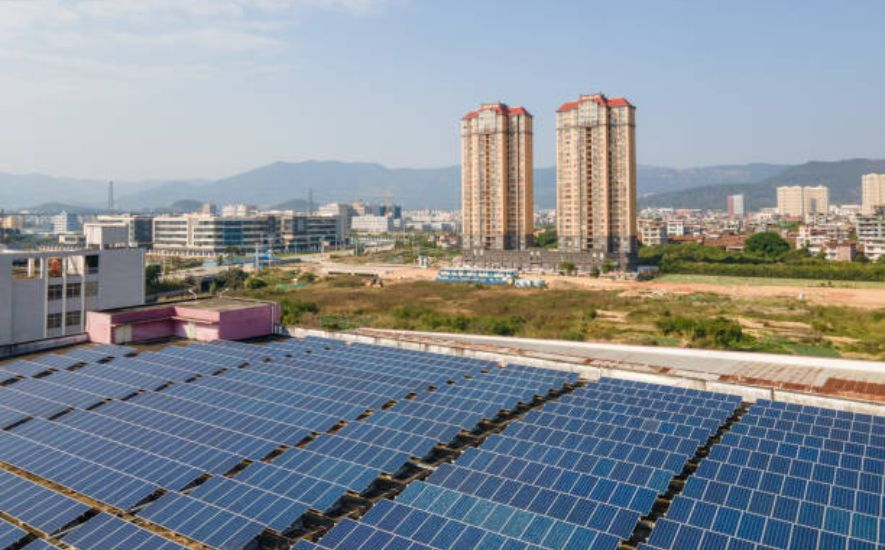
Understanding Solar Generators for Travel Trailers
Before investing in a solar generator for your travel trailer, it's important to understand what it is and how it works. Solar generators are portable devices that convert solar energy into electrical power.
They consist of solar panels, a battery bank, an inverter, and a charge controller. The solar panels capture the sun's energy and convert it into direct current (DC) electricity stored in the battery bank.
The inverter then converts the DC electricity into alternating current (AC) electricity, which can be used to power your travel trailer's electrical appliances.
Benefits of Solar Power for Travel Trailers
There are many benefits to using solar power for your travel trailer. First and foremost, it's an environmentally friendly way to power your appliances. Solar energy is a renewable resource that doesn't produce harmful emissions, making it a clean alternative to traditional fossil fuels.
Solar generators are much quieter than traditional ones, making for a more peaceful camping experience. They're also very low maintenance, requiring little more than occasional cleaning of the solar panels.
Top Solar Generators for Travel Trailers
Now that you understand the basics of solar generators for travel trailers and their benefits, it's time to explore some of the top options on the market. Some popular brands include Goal Zero, Jackery, and Renogy.
Each brand offers a variety of models with different capacities and features, so it's important to consider your specific needs before making a purchase. Factors to consider include the size of your travel trailer, the number and type of appliances you'll be powering, and your budget.

Portable vs. Permanent Generators for Travel Trailers
As a travel enthusiast, you must have a reliable and consistent power supply on your trips. This is where rv generators come in handy, but when it comes to choosing between portable and permanent generators for your travel trailer, there are some factors to consider.
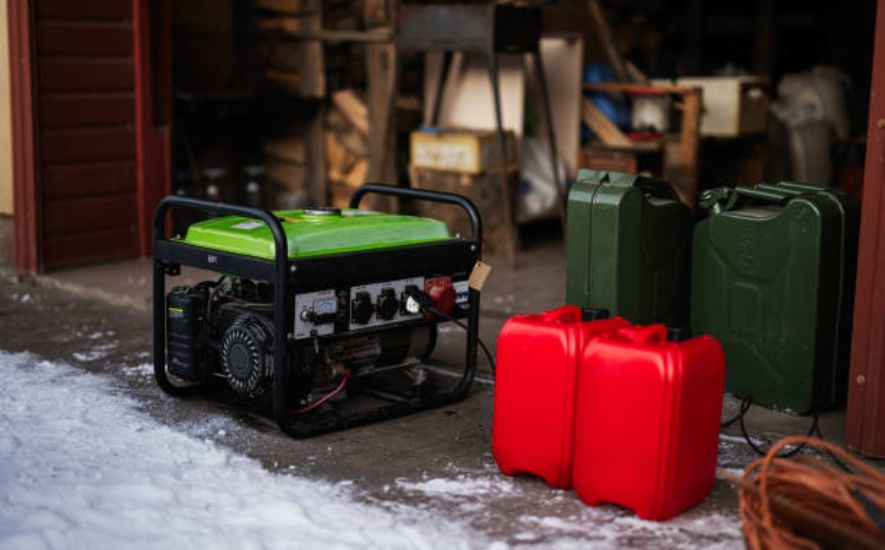
Advantages and Disadvantages of Portable Generators
Portable generators are versatile and easy to transport, making them an excellent choice for travel trailers. They come in various sizes, making choosing one that suits your power needs easy.
Additionally, portable generators are relatively affordable and can be used in a variety of settings beyond camping, such as for emergency power at home. However, portable generators also have some drawbacks.
They can be noisy and may not be suitable for use in some campgrounds that have noise restrictions. They also require regular refueling and may not be as efficient as permanent generators in the long run.
Advantages and Disadvantages of Permanent Generators
Permanent generators are installed directly into your travel trailer and are a more convenient option for travelers who need consistent power supply. These generators are typically quieter than portable generators and can provide more power for longer.
They are also more fuel-efficient, as they can draw from the RV's fuel tank. However, permanent generators are generally more expensive than portable generators and require professional installation.
They can also add weight to the trailer, which may be an issue for those who want to keep their trailer lightweight.
Factors to Consider When Choosing
When choosing between portable and permanent generators for your travel trailer, there are a few key factors to consider. Firstly, consider your power needs. A permanent generator may be a better option if you plan to use several high-powered appliances.
Secondly, think about how often you will be traveling and whether the added weight of a permanent generator will be an issue.
Finally, consider the noise restrictions at the campgrounds you plan to visit, as some may not allow the use of loud generators.
Frequently Asked Questions (FAQs)
In this set of FAQs, we'll cover some common questions about what size generator you need for your travel trailer, so you can make an informed decision and enjoy your trip without worrying about power.
What size generator do I need for my 30-amp travel trailer?
The size of the portable generator you need for your 30-amp travel trailer depends on several factors, such as the number of electrical appliances you plan to use, their power requirements, and the altitude and temperature of your location.
In general, a 3,000-watt generator should be sufficient to power most 30-amp travel trailers, which typically have a maximum power draw of 3,600 watts.
However, suppose you plan to use multiple high-power appliances simultaneously, such as air conditioning, a microwave, and a coffee maker. In that case, you may need a larger generator, such as a 4,000-watt or 5,000-watt model.
It's important to note that generator sizing also depends on the type of load you will be using. Resistive loads such as electric heaters, toasters, and incandescent light bulbs consume power differently than inductive loads like rv air conditioners and refrigerators.
Is a 3500-watt generator enough for a travel trailer?
The answer to this question depends on several factors, including the size and power requirements of the travel trailer, the number and type of appliances and electronics you want to power, and the generator's capacity.
A 3500-watt generator can provide enough power to run some smaller travel trailers, especially those with more modest power requirements. However, larger or more power-hungry trailers with more appliances and electronics may require a larger generator.
To determine if a 3500-watt generator is sufficient for your travel trailer, you will need to calculate your power needs and compare them to the generator's output.
This calculation can be done by adding up the wattage of all the appliances and electronics you plan to run simultaneously and ensuring that the generator's rated output is equal to or greater than that amount.
What size generator do I need to run a travel trailer air conditioner?
The generator size you need to run a travel trailer air conditioner depends on the power requirements of your specific air conditioner unit.
Generally, air conditioners for travel trailers typically have a power consumption of between 2,000 and 3,500 watts. To determine the exact wattage requirement for your air conditioner, check the owner's manual or the specifications provided by the manufacturer.
Once you know the power consumption of your air conditioner, choose a generator with a rated output wattage higher than your air conditioner's power consumption. Generally, a generator with a rated output of at least 3,000 watts should be sufficient to power most travel-trailer air conditioners.
It's important to note that the starting wattage required to start up an air conditioner can be significantly higher than its rated power consumption. Therefore, you may want to consider a generator with a higher surge or starting wattage capacity to ensure that your air conditioner can start up properly without tripping the generator's overload protection.
How many watts is a generator enough for a travel trailer?
The answer to this question depends on the specific needs of your travel trailer. A 2000-watt generator may be sufficient for some travel trailers, but not for others.
To determine whether a 2000-watt generator is enough for your travel trailer, determine your power requirements first. Consider the electrical appliances and devices that you plan to use in your travel trailer, such as air conditioning units, refrigerators, microwaves, televisions, and lights. Check the wattage of each appliance or device, and add up the total wattage that you will need to power at any given time.
If the total wattage you need is less than or equal to 2000 watts, then a 2000-watt generator should be sufficient for your travel trailer. However, if the total wattage you need is more than 2000 watts, then you will need a larger generator.
Conclusion
In conclusion, finding the right size simple or propane generators for your travel trailer is crucial to ensuring a comfortable and enjoyable experience while on the road. It's important to consider the RV power requirements of all your appliances and electronics, as well as the size and weight of the generator itself.
By doing your research and making an informed decision, you can avoid any unexpected power outages or inconveniences during your travels. So whether you're planning a weekend getaway or an extended trip, choose a generator that's the right size for your travel trailer and your specific needs. Happy camping!











